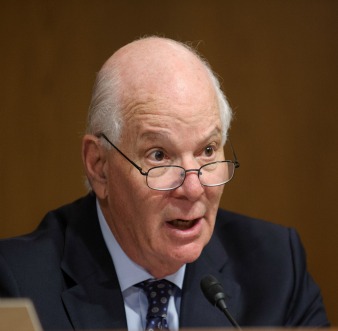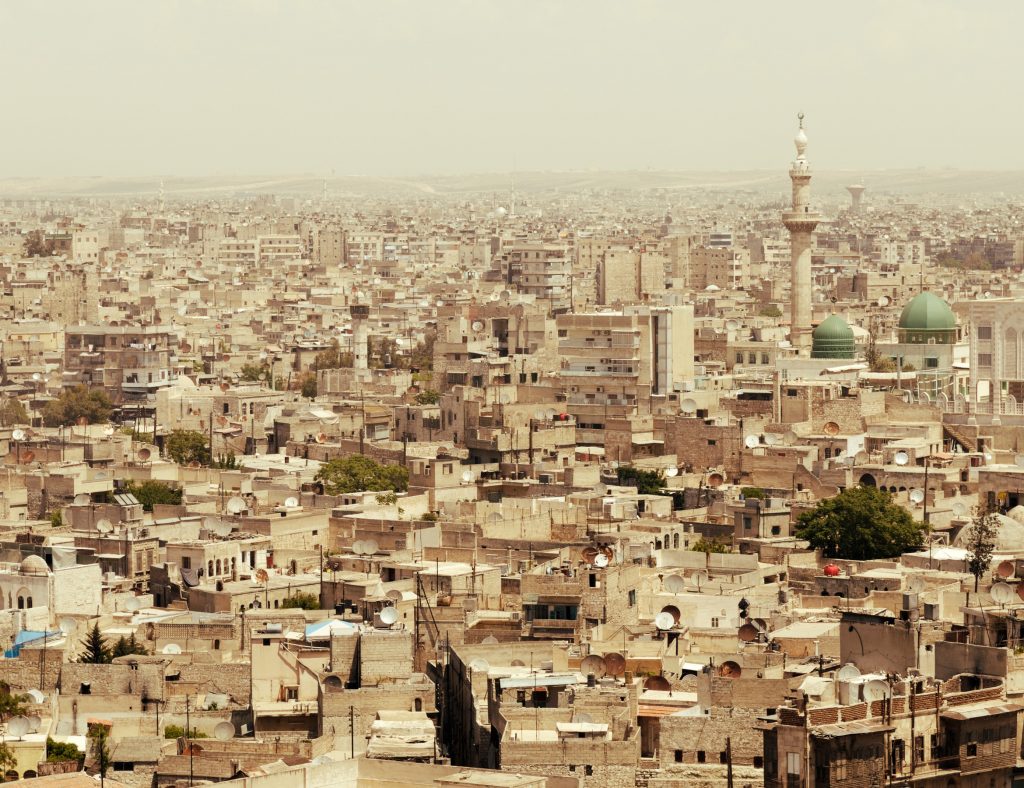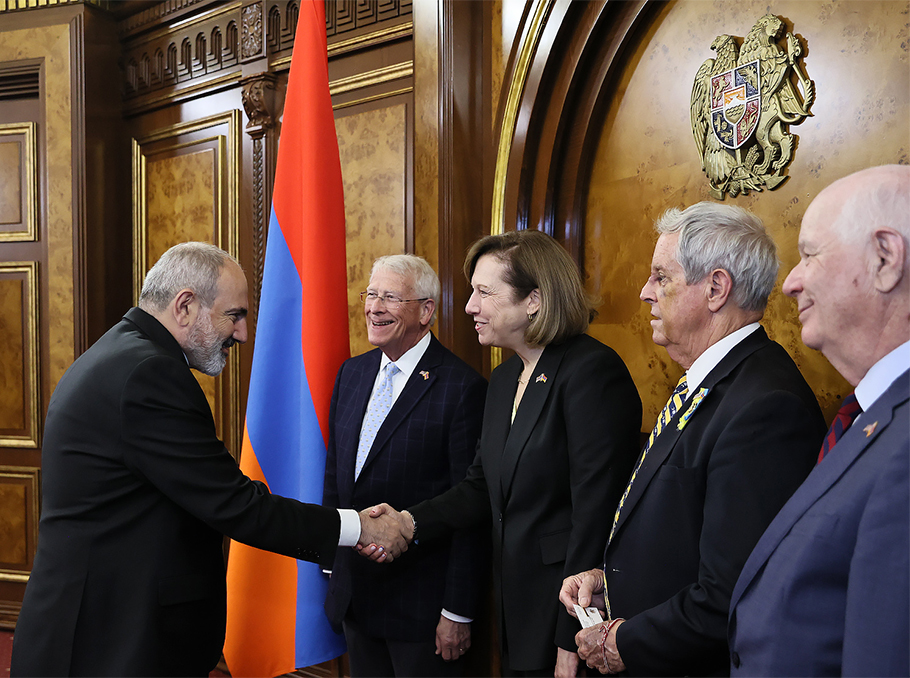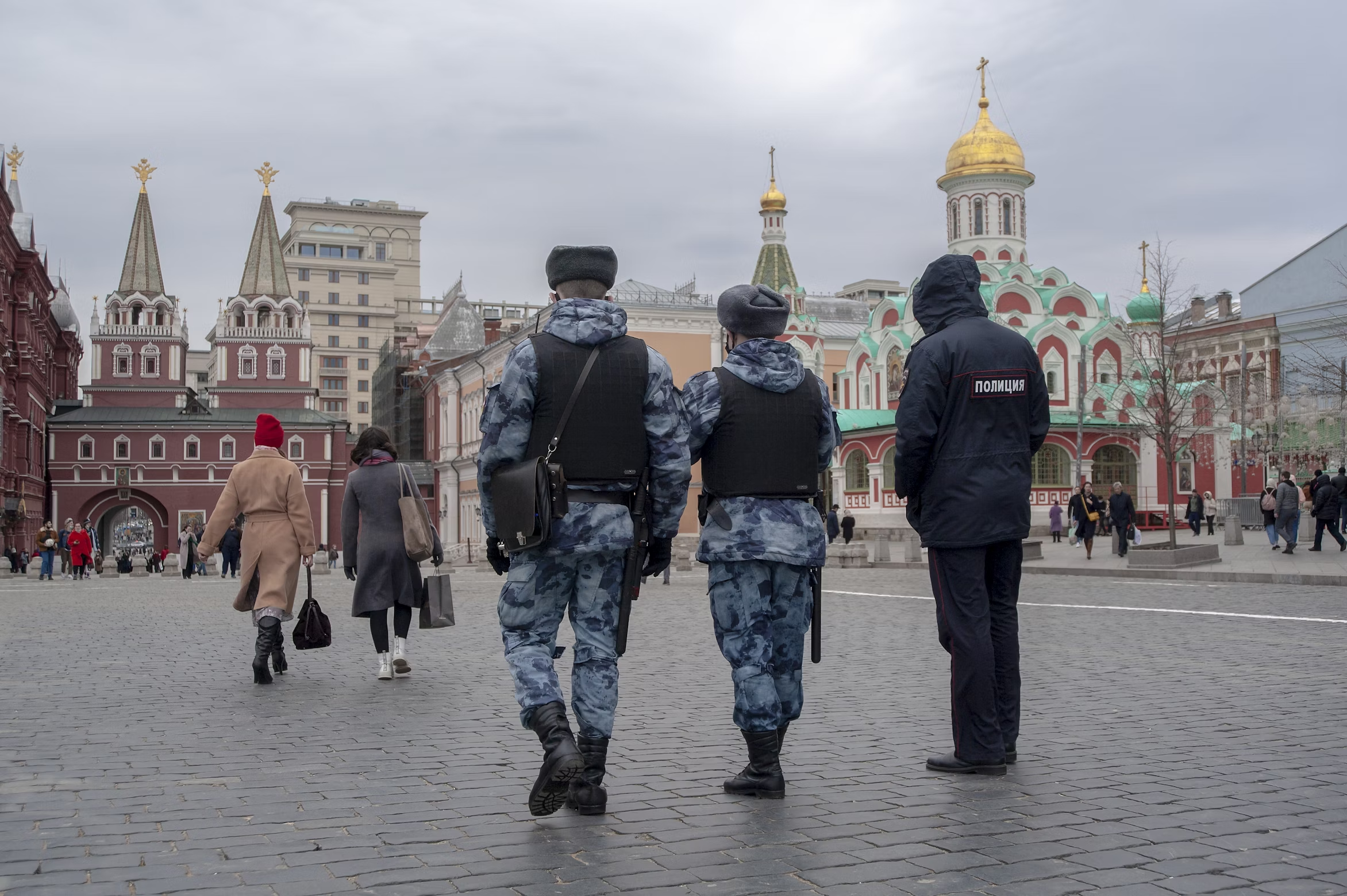Mr. President, I rise in my capacity as co-chairman of the Helsinki Commission to again draw attention to the tragic consequences of Turkey’s invasion and ongoing occupation of the Republic of Cyprus begun 37 years ago today. I applaud the leadership demonstrated by President Christofias in an attempt to bring about a comprehensive settlement and reunification of his country based on a bi-zonal, bi-communal federation with political equality, as defined in the relevant U.N. Security Council resolutions, with a single sovereignty, single citizenship and single international personality. Attempts to resolve the Cyprus issue are exacerbated by Turkish intransigence; the continued deployment of tens of thousands of Turkish troops in occupied northern Cyprus; and the introduction of an estimated 160,000 settlers from mainland Turkey. Indeed, the reality is that settlers outnumber indigenous Turkish Cypriots altering the demographic composition of that community by a margin of about two to one.
Previously, I have addressed a number of specific human rights concerns stemming from the ongoing occupation, including freedom of movement, property rights, and freedom of religion. Under my chairmanship, the Helsinki Commission convened a public briefing, “Cyprus’ Religious Cultural Heritage in Peril” to document the desecration and destruction of sacred sites in occupied Northern Cyprus.
Today, I want to focus on the situation in the city of Famagusta, the once thriving commercial center and tourist destination on the east coast of Cyprus , featuring the country’s deepest water port. This cosmopolitan city, home to nearly 50,000 Cypriots, was a center for trade and finance as well as culture, known for its many museums and vibrant nightlife. The second wave of the Turkish invasion, launched in August 1974, targeted Famagusta and the surrounding region. Seaside hotels that attracted tourists from throughout the world and other important high rise buildings were targeted for bombardment as residents were forced to flee. Today, barbwire rings the city of Famagusta, a veritable ghost town except for Turkish troops patrolling the perimeter of this once bustling urban center. What looters left behind is slowly being reclaimed by nature and decades of exposure to the elements.
The only thing I can compare this scene to comes from my walk along the deserted streets in the city of Prypiat, a Ukrainian city of similar size to Famagusta, located in the Chornobyl exclusion zone a short distance from the site of the world’s worst nuclear accident. While health concerns keep the residents of the former away, armed Turkish troops prevent lawful residents of Famagusta from returning.
Notwithstanding numerous U.N. resolutions on Cyprus, including provisions specifically addressing the city of Famagusta, Turkey continues to illegally occupy a third of Cypriot territory, preventing Greek Cypriots from returning to their homes and businesses in the occupied area, including Famagusta. In keeping with these UN resolutions and principles enshrined in the Helsinki Final Act, it is time for Turkey to end its illegal occupation of the sovereign Republic of Cyprus. Agreement allowing the lawful residents to return and rebuild the city of Famagusta would be an important step in the right direction.










